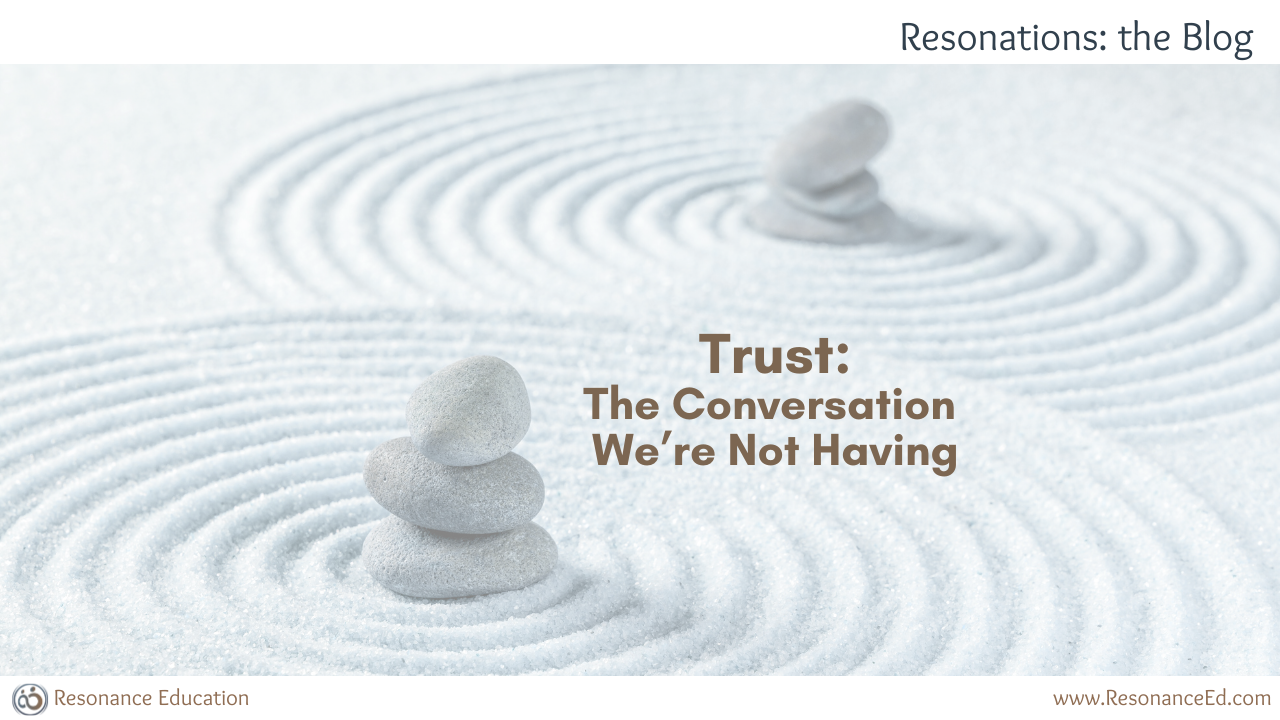042: Trust: The Conversation We're Not Having
Oct 27, 2022
We all know that trust is a cornerstone of any healthy relationship. Yet, how often do we intentionally talk about it—especially with students?
We want to trust our students to:
- treat one another with respect and dignity,
-
act responsibly when there’s a substitute,
-
make wise choices in the hallway or cafeteria, and
-
complete their work honestly, without copying.
But trust is a two-way street. Students also need to trust us.
They need to trust that:
-
we’ll listen and validate their experiences,
-
we hold them accountable because we care,
-
we’ll treat them fairly and consistently, and
-
we’re designing lessons that prepare them for life beyond school.
Still, trust isn’t something that just appears because we hope it will.
During a recent professional learning session, a teacher shared, “I don’t have time to talk about trust with students.” I understand the pressure. But if we don’t take time to ask students what trust looks, feels, and sounds like to them, how can we create the conditions where it can grow?
A district administrator once asked me, “Can’t we just build trust through our actions?”
Yes—and we should.
But naming it matters too.
Talking explicitly about trust doesn’t replace action; it reinforces it.
When we create space to define and discuss trust, we clarify the behaviors that sustain it.
For example, when I asked teachers in a September session to write down how I could build trust with them and among them, one teacher wrote:
“Provide difficult feedback—both constructive and positive.”
That response stayed with me. I typically wait to offer difficult feedback until trust is established. I want people to know it comes from a place of care and support. But this teacher showed me that offering that feedback was a way to build trust—not just sustain it. That insight helped deepen our relationship and set the stage for more open, honest communication.
If you’re looking for a way to begin this conversation with your students or colleagues, check out our free Co-Defining SEL Skills activity sheet. It invites learners to define trust in their own words, connect it to the five SEL competencies, and reflect on what it looks like to build trust with them—not just around them.
Feel free to adapt it to fit your context. Swap the word “trust” for “respect,” “responsibility,” or “growth mindset”—whatever best supports the values you’re trying to nurture.
Trust doesn’t just happen.
It’s cultivated—through words, actions, and the willingness to ask:
What does trust mean to you?


